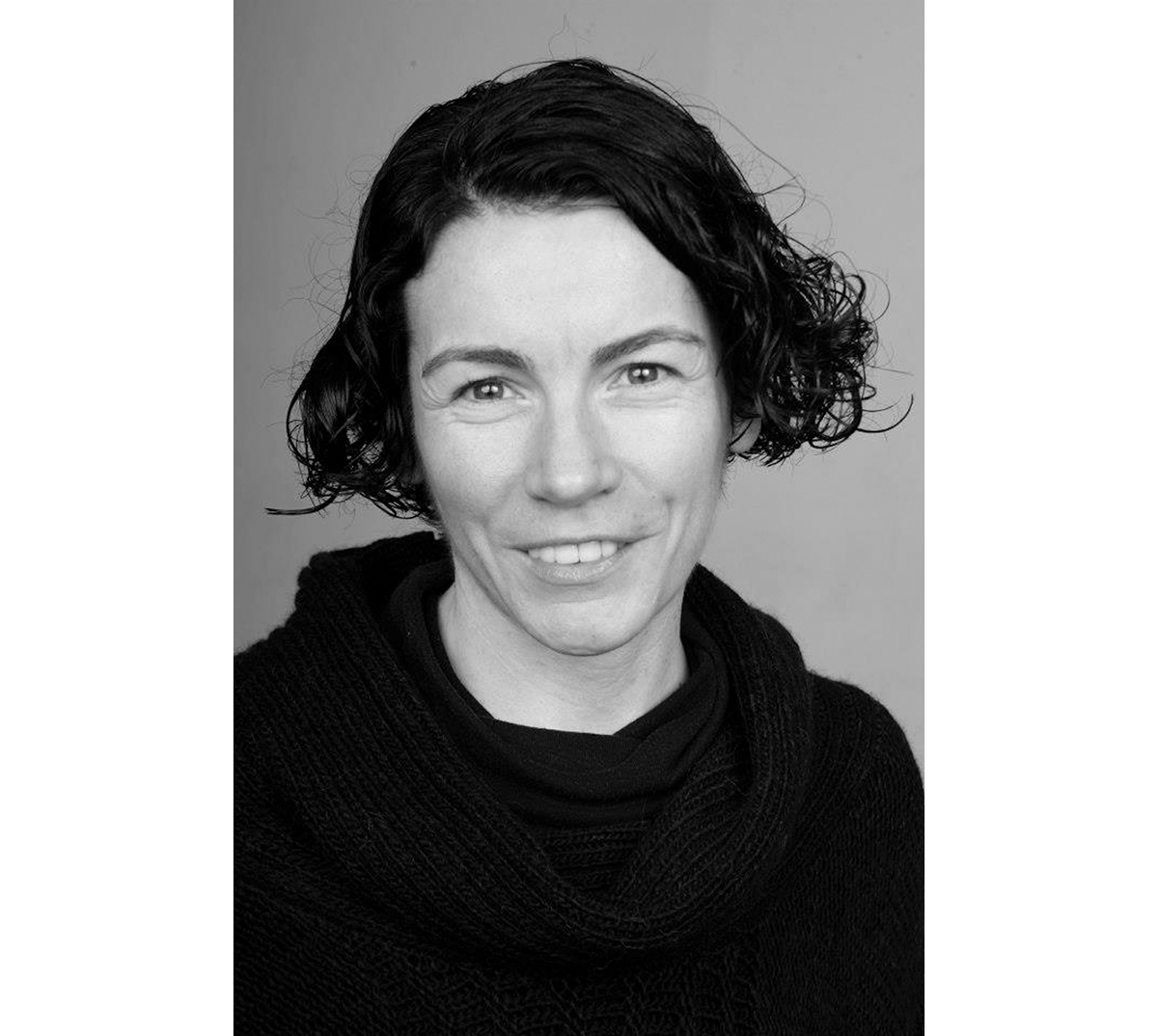
by Áine Duggan, President, National Council on Research for Women
The future of feminism may be over sooner than we think. So goes talk in the public sphere and blogosphere about how celebrities-du-jour and political women alike are running in horror away from the “F” word. You would think the feminist waves were a plague on all our houses. (Curiously, some of their male counterparts are embracing the word; see Patrick Stewart and Dr. Jackson Katz.)
How do we understand what is going on and why? One could say to the runners, who we know are not just famous women but also a significant portion of GenX and GenY: “Go ahead, run far and fast. Decry the feminist label as old fashioned, out of touch, irrelevant, etc.” After all, the word feminism has never been the source of or the salve for our collective grief. Women and girls are not born, they are made, as are men and boys. Rigid constructions of gender that promote inequity and overly determine our lives womb to grave—that is what keeps us in a place where women are overrepresented in positions of vulnerability and underrepresented in positions of power. A name change is not going to change that.
We can acknowledge that feminism is heavy and not everyone wants to carry it. The weight of living legends does not rest easily on the shoulders of activists, scholars, and leaders consciously taking a fresh and likely different approach to gender and inequity...especially if those legends remain on stage, ready for another close up. Traditional media still look for the singular movement hero(ine) and lament the younger set for its dearth. That same media trot out forty-year-old photos of sit-ins, bra burnings, and anti-sexism placards to show the face of feminism. Hmm. We should all wonder what feminism really means if women in homeless shelters and women in boardrooms do not care about its future in equal measure. That is the point after all, to have it mean something to all of us—across all gender, race, age, class, sexuality, nationality, and ability spectrums.
In some ways, the future of moving the dial on gender inequity is here already, just unrecognized by those looking for a savior. The multivoice, multiplatform, multiperspective hodgepodge we live in has multigenerational, multiethnic, multieconomy shoulders setting against the wheels that will move us forward. Those shoulders believe in “no justice no peace,” but look to act in places that might be perceived as antithetical to Feminism. For example, historically, feminism has not been comfortable aligning too closely with capitalism. Current research shows that women’s earning power in 2014 is projected to be more than double the combined GDP of China and India. Likewise, women at all levels of society drive spending—as direct consumers and through their influence on men’s purchases—more than any other factor, period. That research can be employed to support a feminist agenda, one that is driven by power women already possess and are not likely to lose anytime soon. An activist’s awareness laid atop buying decisions can lead to immediate worldwide effects.
Research like this can and should anchor feminism’s future. Research with a gender lens gives context and perspective to stories we hear every day so that we understand when supposed progress is real, overstated, or underappreciated. Women’s research centers in universities across the United States are striving to make research a living, evolving, meaningful endeavor that extends far beyond campus walls. Centers connect with women in surrounding communities as partners, not research subjects, to co-define the gender-based inequality active in all their lives. It is an engaged, two-way learning process that allows findings to be translated into functional tools for education, awareness, and action.
Gender-based research is the leading edge for setting and implementing a gender equity agenda in this country. With solid data, it will not matter whether or not the agenda is deployed by feminists-in-name or feminists-in-practice.
—Áine Duggan was named president of the National Council on Research for Women in November 2012. She served previously as vice president for Research, Policy, and Education at the Food Bank for New York City and director for Public Education at the Coalition for the Homeless in New York. She was born in Cork, Ireland, and trained at University College Dublin.

